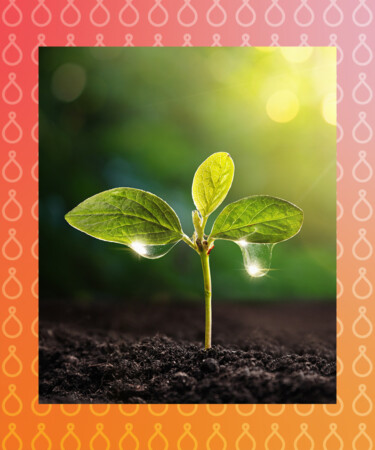The next time you’re mixing up a cocktail at home, you might offer up a round to your plants as well.
A new study, published Aug. 25 in the academic journal “Plant & Cell Physiology,” proposes that alcohol could be the antidote to farmers’ drought stress. Ethanol — a form of alcohol present in all boozy beverages — can help plants retain water and mitigate many effects from extreme drought conditions.
In drought conditions, plants naturally produce small amounts of ethanol. When treated by researchers with doses of the inexpensive and widely-available chemical, plants’ drought responses were delayed, according to the research team at RIKEN Center for Sustainable Resource Science in Japan.
Drought-prevention can help bolster agricultural production in a food crisis, CNN reports. For vital crops such as rice and wheat, this could also mean higher yields and better resilience to a changing climate.
Researchers conducted an experiment on these two types of plants, adding ethanol to their soil for three days, then simulating drought conditions for the following two weeks. An estimated 75 percent of the ethanol-treated plants survived, while only five percent of the control group was still viable.
That short exposure to ethanol treatment resulted in less water loss and enhanced drought tolerance. While ethanol seems to negatively affect plants’ leaf growth during non-drought times, the study states that this effect is slight when compared to the chemical’s potential benefits.
While it’s unknown exactly why plants produce ethanol during dry seasons, this study may help farmers better prepare for an increasingly hotter environment.
